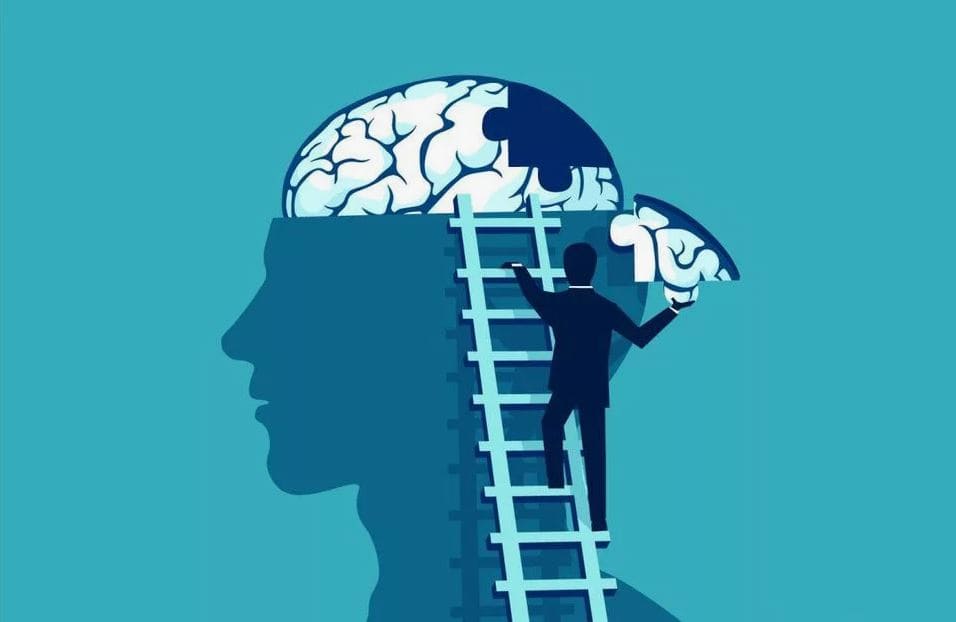The Essential Guide to Developing Empathy Skills


Empathy is a vital skill for building strong, meaningful relationships, both personally and professionally. Empathy involves understanding and sharing the emotions of others, which improves communication, fosters trust, and enhances emotional intelligence.
This guide will explore the concept of empathy, its benefits, and practical strategies for cultivating this skill. Additionally, it will draw an interesting parallel between empathy and the strategy game Go (also known as Baduk or Weiqi), highlighting the relevance of these concepts in our daily lives.
Understanding Empathy
Empathy is the capacity for perceiving, comprehending, and sharing the emotional states of others. It is instrumental in emotional intelligence and effective interpersonal communication. Empathic abilities can be categorized into three distinct types:
- Cognitive Empathy: Understanding another person’s perspective.
- Emotional Empathy: Sharing the feelings of another person.
- Compassionate Empathy: Not only understanding and sharing emotions but also taking action to help.
Empathy enhances relationships by promoting understanding and cooperation between individuals and groups. It also facilitates conflict resolution and creates a supportive environment, both in personal and professional contexts.
The Importance of Empathy in the Workplace

In the workplace, empathy plays a crucial role in effective leadership and teamwork. Leaders who demonstrate empathy are able to understand the needs of their team members, motivate them, and create a positive work environment. When employees feel understood, they are more likely to be engaged in their work, productive, and committed to their organization.
A study by Businessolver has found that 92% of employees consider empathy an important aspect of their job that is often underappreciated. Additionally, 60% of employees are willing to accept a lower salary if they can work for an employer who demonstrates empathy. This demonstrates the importance of empathy in building a successful and productive workplace.
Practical Steps to Develop Empathy
Cultivating empathy is akin to exercising a muscle — it demands practice and commitment. Here are several effective approaches to enhance your empathic abilities:
- Practice Mindfulness: Being present and aware of your surroundings helps you tune into others’ emotions.
- Active Listening: Focus fully on the speaker, reflecting on what they say to show understanding.
- Curiosity and Open-Mindedness: Explore diverse perspectives through books, movies, and conversations.
- Pay Attention to Non-Verbal Cues: Observe body language, facial expressions, and gestures to understand unspoken feelings.
- Ask Questions: Engage in conversations with genuine curiosity and ask questions to understand others’ experiences.
Empathy and the Game of Go

The strategic board game, Go, also known as Baduk in Korea and Weiqi in China, provides an intriguing parallel with the concept of empathy. Similar to empathy, the game requires players to anticipate and comprehend their opponent’s actions and strategies. By developing a deep understanding of the game board’s dynamic and the opponent’s intent, players can mirror the process of empathy, which involves comprehending and predicting others’ emotional states and responses.
Playing Go can enhance cognitive empathy by teaching players to view the game from different perspectives and adjust their strategy accordingly. These skills can be transferred to real-life situations, allowing players to consider various viewpoints and react thoughtfully in interactions. Players can learn more about Go and improve their skills through a variety of resources.:
The Benefits and Challenges of Empathy
Empathy has numerous benefits, including:
- Building Trust and Rapport: Understanding others fosters a closer connection, improving confidence and trust in relationships.
- Encouraging Openness and Vulnerability: People are more likely to open up when they feel understood, enhancing communication and relationship satisfaction.
- Promoting Personal Growth: Empathy helps you understand yourself and others better, facilitating personal development.
- Encouraging Altruistic Behavior: Empathetic people are more likely to help others in need, increasing overall happiness and well-being.
Nonetheless, it is crucial to be cognizant of the concept of empathy fatigue, which refers to the state of emotional depletion resulting from excessive exposure to others’ feelings. Maintaining one’s boundaries and prioritizing self-care are essential to prevent emotional burnout.
Empathy is a potent tool that enriches our interactions and fosters deeper connections. By comprehending its components and regularly practicing empathy, we can cultivate our emotional intelligence, leading to more meaningful relationships. Whether through mindfulness exercises or strategic games such as Go, there are various methods to develop and enhance our empathic abilities, ultimately contributing to a more compassionate and understanding society.





Leave a comment